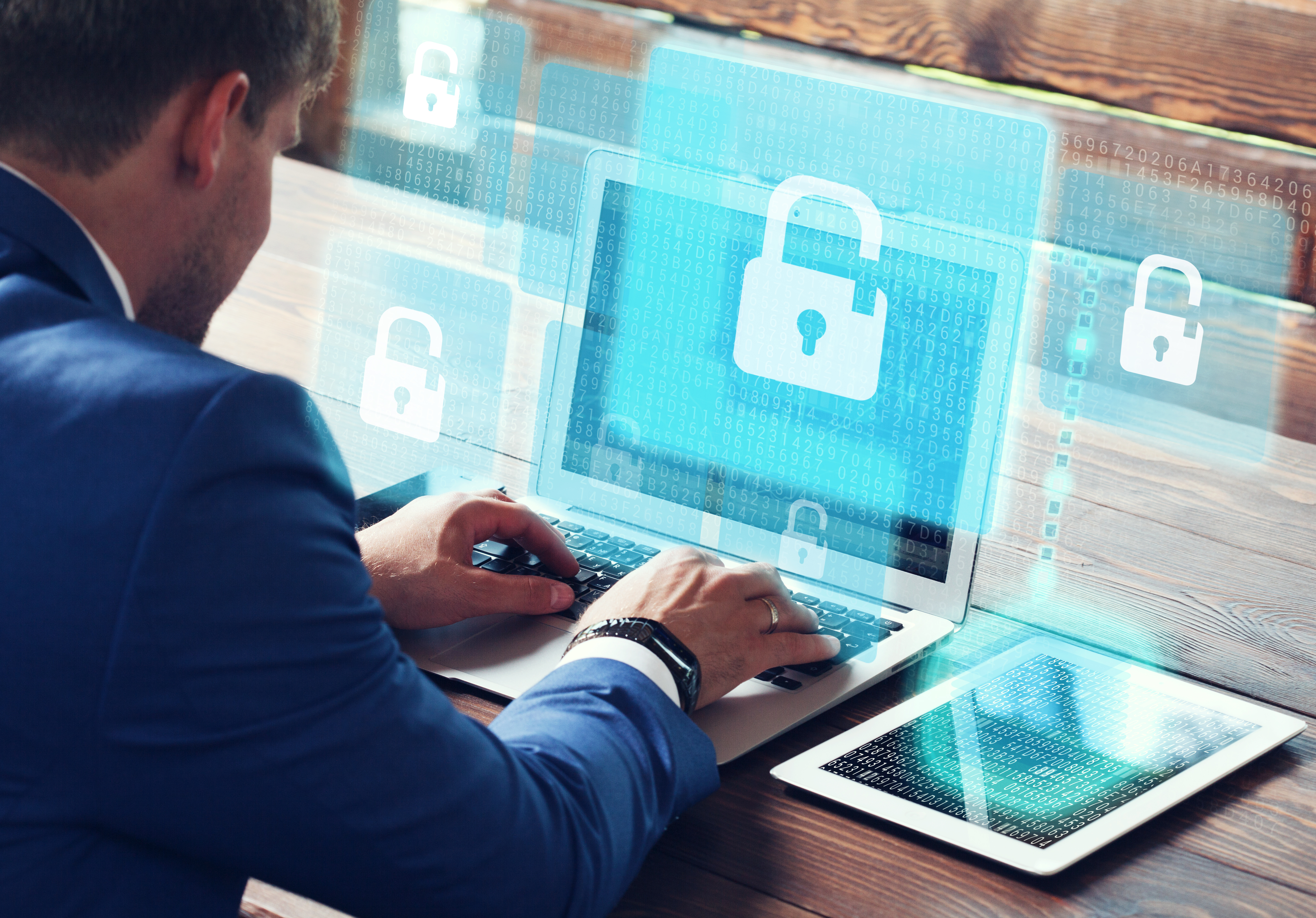
Did you know that cybercrime costs will reach $2 trillion this year? This is but one of many shocking statistics that should make you reevaluate your internet security now.
Besides the threat of cybercrime, the issue of privacy and your electronic devices proves even more complex. In fact, hackers aren’t your only problem. From Clinton to Bush and Obama, governmental surveillance has grown increasingly invasive.
So, how do you secure your devices and guarantee your digital privacy? Read on for the internet security tips you need to secure your devices and safeguard your privacy.
1. Get Serious About VPNs
Virtual private networks (VPNs) give you the ultimate sense of security when it comes to the internet. These networks redirect your internet traffic through a server that encrypts your information and browsing habits.
This renders your data difficult for hackers and governmental agencies to get their hands on. But because it involves the use of a third party server, you need to make sure you find one that you can trust with your information.
That said the advantages of using a VPN prove abundant. For example, it will allow you to avoid censorship and geo-blocks.
2. Check out Every App You Install
There’s an app for everything nowadays. Don’t believe me? Just check out these apps.
When you install new apps on your phone or other devices, be mindful of the permissions that you give them. These include things such as access to your:
- Photos
- Camera
- Contacts
- Phone Dialer
Remember that even one bad app can compromise your security. There is no such thing as a free app. One way or another, you’ll always pay for them.
An example of this? The Meitu photo app caused an online security firestorm because of all of the permissions that it asked for. It required almost unlimited access, which made many question why Meitu needed all of this information.
3. Stay Up-To-Date
One of the easiest ways to guarantee your personal internet security? Keep your devices updated.
No software proves perfect. As designers find vulnerabilities, they send out updates to fix these security “holes.”
Once these updates are made available, though, they also inadvertently allow hackers to see weaknesses. Then, they target those individuals who have yet to update their computers and devices.
4. Encrypt Your Computer
Make a regular practice of encrypting your computer. This proves easy to do on a Mac or PC and will give you peace of mind when it comes to how to protect your privacy online.
That said, avoid uploading encryption keys to the cloud. Why? Apple or Microsoft may have to shut them down.
5. Say Yes to a Password Manager
You need to have a different password for each website. These passwords need to be both complex and random. Of course, having many different passwords can be a pain to remember.
That’s why you need a password manager. Passwords remain one of your first and most important lines of defense.
Make These Internet Security Tips a Part of Your Regular Routine
These internet security tips will help ensure your privacy online and across all devices. Ready to for some more tech tips? Read on to find out how social media has changed the way that we search.
